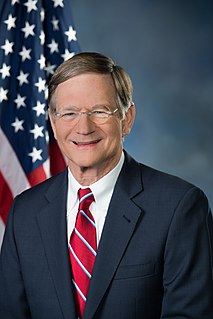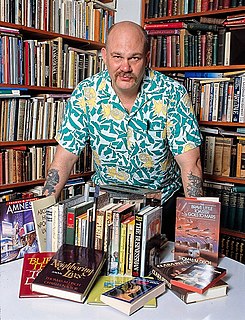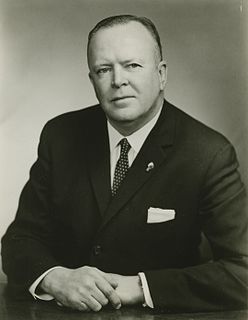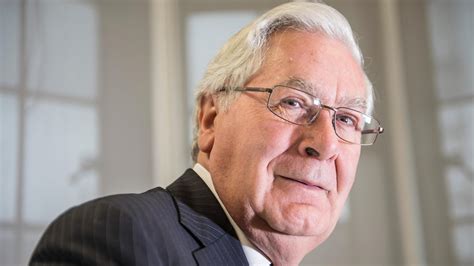A Quote by Jamie Dimon
I completely agree with the concept that American citizens shouldn't expect that a failure of a bank would cost them money, or that it would hurt the economy.
Related Quotes
Apparently, union bosses are so distraught about declining enrollments they will stoop to exploiting illegal workers. There is no doubt that this would hurt American workers, who would suddenly face a flooded job market full of cheap foreign labor. It would depress the wages of the American workers and cost them jobs.
To protect people's lives and keep our children safe, we must implement public-works spending and do so proudly. If possible, I'd like to see the Bank of Japan purchase all of the construction bonds that we need to issue to cover the cost. That would also forcefully circulate money in the market. That would be positive for the economy, too.
There is a clear and strong link between the economy's present woes and the Iraq war. The war was at least one of the factors contributing to rising oil prices - which meant Americans were spending money on imported oil, rather than on things that would stimulate the american economy. Hiring Nepalese contractors in Iraq, moreover, doesn't stimulate the American economy in the way that building a school in America would do - and obviously doesn't have the long term benefits.
When I was growing up, my dad would encourage my brother and I to fail. We would be sitting at the dinner table and he would ask, 'So what did you guys fail at this week?' If we didn't have something to contribute, he would be disappointed. When I did fail at something, he'd high-five me. What I didn't realize at the time was that he was completely reframing my definition of failure at a young age. To me, failure means not trying; failure isn't the outcome. If I have to look at myself in the mirror and say, 'I didn't try that because I was scared,' that is failure.
There's no denying that a collapse in stock prices today would pose serious macroeconomic challenges for the United States. Consumer spending would slow, and the U.S. economy would become less of a magnet for foreign investors. Economic growth, which in any case has recently been at unsustainable levels, would decline somewhat. History proves, however, that a smart central bank can protect the economy and the financial sector from the nastier side effects of a stock market collapse.
If all the bank loans were paid, no one could have a bank deposit, and there would not be a dollar of coin or currency in circulation. This is a staggering thought. We are completely dependent on the commercial banks. Someone has to borrow every dollar we have in circulation, cash, or credit. If the banks create ample synthetic money we are prosperous; if not, we starve. We are absolutely without a permanent money system. When one gets a complete grasp of the picture, the tragic absurdity of our hopeless situation is almost incredible - but there it is.
Our economy has become completely different, on the whole. The size has changed. The economy has almost doubled in size. And the quality is changing, not as fast as we would like it to, but the structure is changing. Our Armed Forces are completely different today from what they were, say 15 years ago or so. All of this, including our great history, great culture, all of this, not just what we see today, is what makes the vast majority of Russia's citizens feel proud for their country.
There is no reason products and services could not be swapped directly by consumers and producers through a system of direct exchange – essentially a massive barter economy. All it requires is some commonly used unit of account and adequate computing power to make sure all transactions could be settled immediately. People would pay each other electronically, without the payment being routed through anything that we would currently recognize as a bank. Central banks in their present form would no longer exist – nor would money.



































